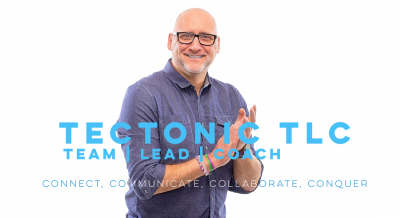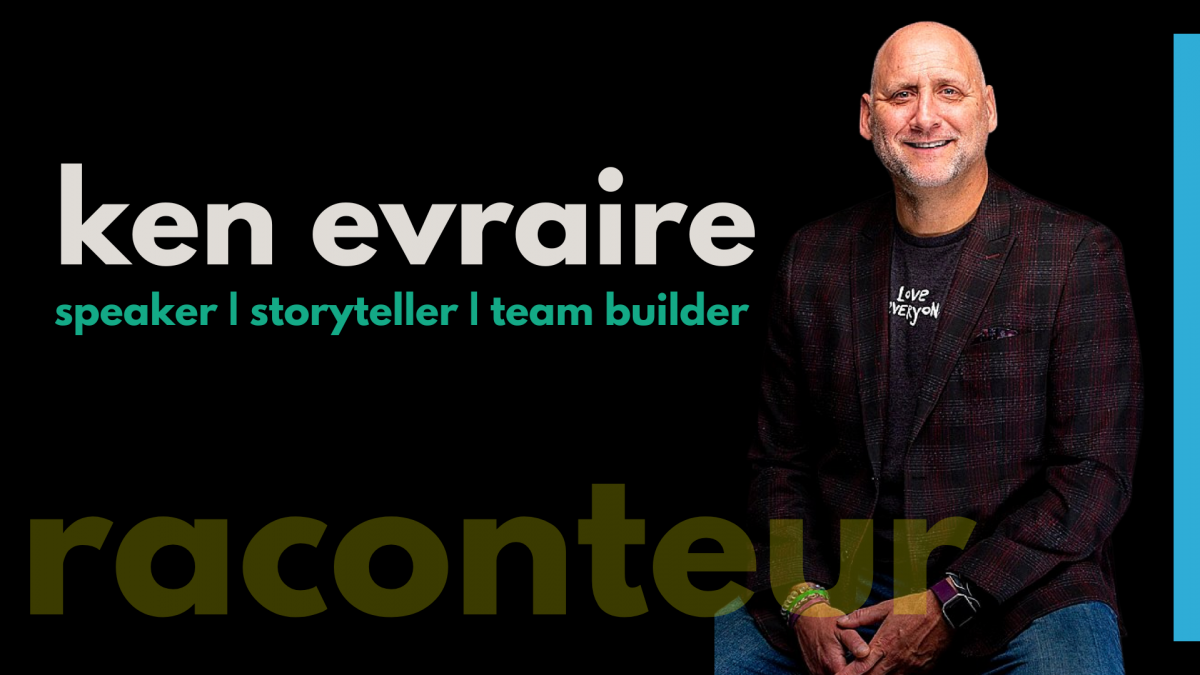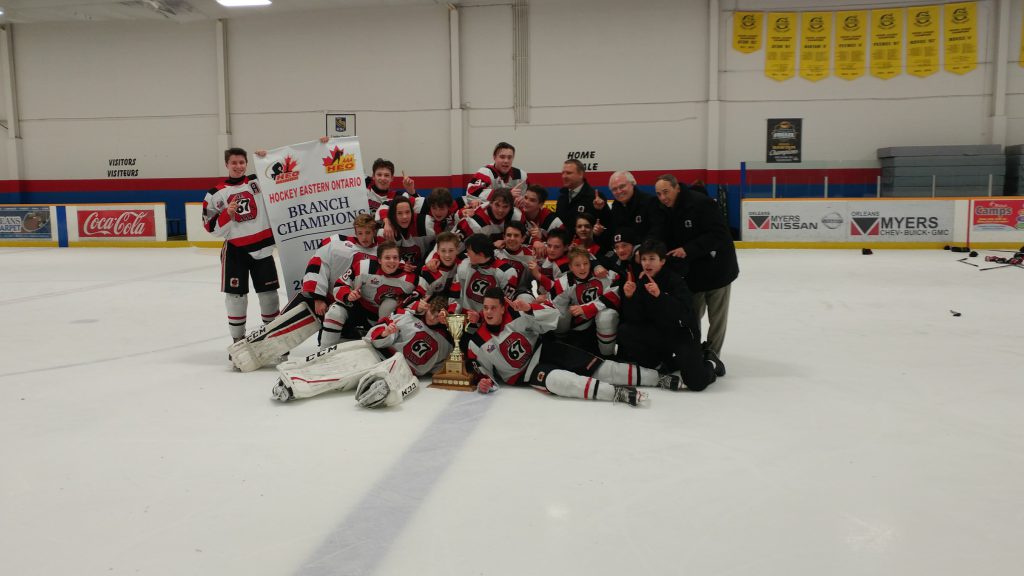The global pandemic may have gotten to me! I have been triggered!
I have to believe I would never have written this blog 18 months ago. The odd thing is, the source of my trigger extends from a very unlikely, strange place!
Clichés! Yep, clichés! I said it! They are everywhere and here is the rub! I am guilty of using them as well.
I am part of a movement that uses clichés in a bid to stay connected to the audience made up of quick twitch minds scrolling through their social media platforms like a starving meerkat in search of its next meal.
The site Your Dictionary defines clichés as such…
“Clichés are terms, phrases, or even ideas that, upon their inception, may have been striking and thought-provoking but became unoriginal through repetition and overuse. ”
Unoriginal clearly being the operative term!
I scrolled through twitter for no less than 4 minutes and here is a list of clichés/jargon that I found.
Of note, in an effort to establish complete transparency, the final example extends from yours truly. Like I said, I am guilty!
The Magnificent 8
- Authentic leaders lead authentically.
- A man who has committed a mistake and doesn’t correct it is committing another mistake
- Your problem isn’t the problem. Your reaction is the problem.
- The function of leadership is to produce more leaders, not more followers.
- I would rather die of passion than of boredom.
- The bad news is time flies. The good news is you are the pilot!
- Leadership is like conducting a symphony. It’s not your job to play all of the instruments.
- Why not you? Why not you! When not you. Why not? Give yourself permission!
I get it. Clichés are nice, cute hooks that can capture the eye of the reader.
Yet, like eating liver and onions, using clichés should be enjoyed on occasion! They should never be the staple of your diet.
It’s like the 80’s Faberge Organics shampoo commercial titled “So on and so on!”.
“Mystery Men”
Every time I read a series of clichés I am brought back to a scene from the movie released in 1999 titled, “Mystery Men”. The scene stars Ben Stiller in the role of impatient super hero Furious Roy and Wes Studi in the role as Sphinx. Sphinx relies on clichés and is pragmatic in his approach and Furious Roy is a want to get things done type of guy.
Belly Buttons vs Clichés
It’s been said that belly buttons are useless but I will argue that from a life giving perspective, belly buttons are kind of valuable. Far more valuable than a cliché that does not connect you to something of greater value. A belly button serves as a portal that could bring us the next great scientist, author, BMX champion, opera singer or YouTube influencer! A cliché on its own gives birth to nothing.
Throw a whole LinkedIn lineup of clichés at someone and a trite numbness inevitably takes over.
A cliché on it’s own lacks authenticity. A series of clichés do not inspire me to get going, they inspire me to tune out and take a good nap! I want some substance with my side of snappiness!
I played professional football for 9 years in the Canadian Football League. I learned early on that the coach or player espousing a bunch of clichés usually liked the sound of their own voice and was usually ill prepared for competition.
Could you imagine a professional football coach commanding the attention of his team before heading out of the locker room to do battle and saying,
“Fellas, fellas, gather around! Never forget. It’s a 60 minute game and the bad news is time flies. The good news is you’re the PILOT. Let’s go get them boys!”.
A cliché may sound good but it won’t help you when a 230 pound linebacker is trying to put you and your rib cage in row 6!
Knowledge is power!
I have always been a guy who wanted to know the what, when, where, who and why! Leading, coaching and team building is not easy. It’s a competitive industry. It requires an intuitiveness that connects people on a deeper level. It demands authenticity, depth and generosity.
Being in the business of setting others up to succeed and celebrating the potential contribution others can make is the reward for those who have been bitten by the leadership/coaching and team building bug.
If we ask our clients to buy in and put the work in, regardless of the arena they compete in, the least we as leadership and coaching experts can do is serve as an example.
Include a link to something of value with the cliché. Add some meat to the potatoes! Feed your audience.
It could be a great blog post or a great video that expands on the idea presented by the cliché. So, the time is nigh! Join the revolution! Join me in the fight to ban the art of posting clichés on their own.
This whole being triggered thing is tiring! I am going to see if Mystery Men is on Netflix!
Stay safe and well!
——————–

Ken Evraire is the owner | principal of TECTONIC TLC Team Lead Coach.
He is a quintessential team player who loves coaching, team building and talking leadership! He is grateful for the opportunity to work with a roster of fantastic clients ranging from the government sector, not for profit agencies, start ups, Fortune 500 companies and elite sports teams.
He is father to 3 precocious children, has the best ex-wife in the world, is a former professional football player that has since donated his brain. He has run 3x marathons (Honolulu 2x + Barcelona), done stand up comedy and believes the old school coach was wrong…there is indeed an “i” in Team!
Check Ken out on the following social media pages…
LinkedIn https://www.linkedin.com/in/ken-evraire-leadership/
Twitter https://twitter.com/Tectonic_tlc
Facebook https://www.facebook.com/tectonictlc




